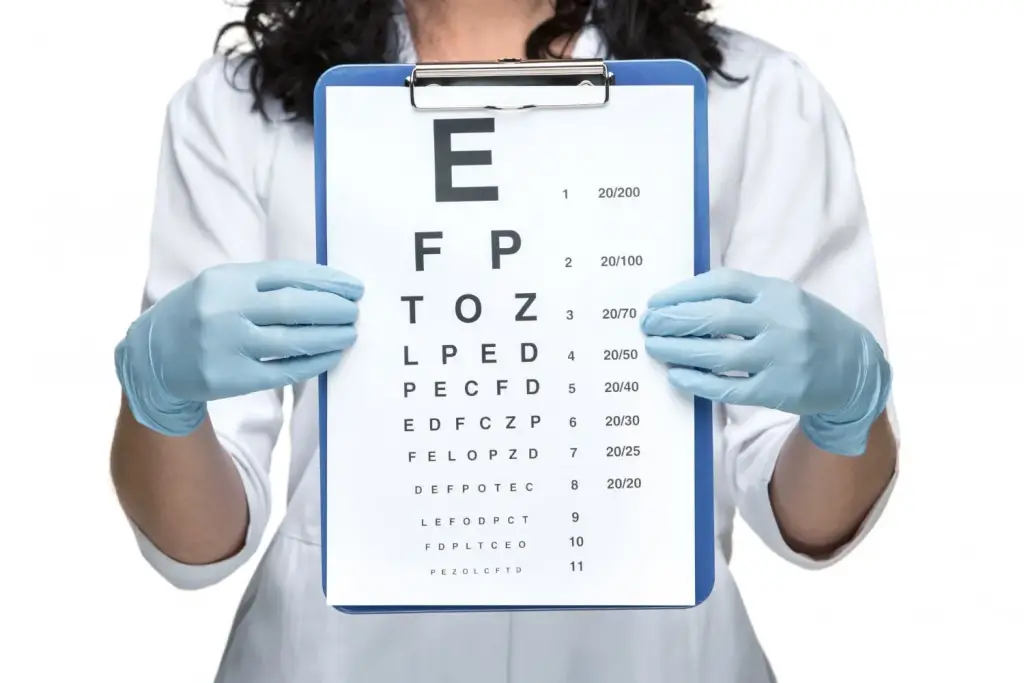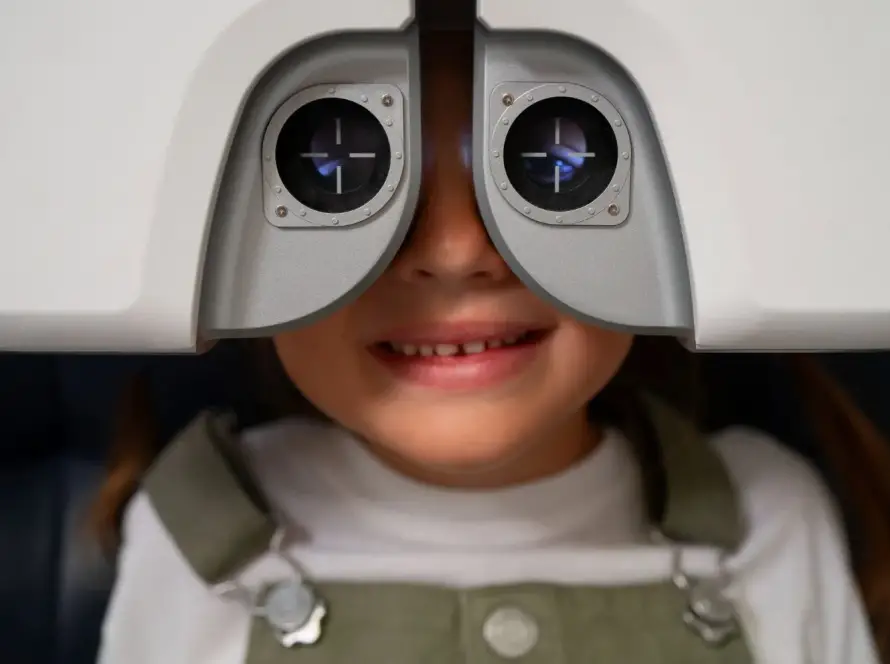LASIK surgery is a popular and effective way to correct vision problems such as nearsightedness, farsightedness, and astigmatism. However, if you have a family history of certain eye conditions, you might wonder whether LASIK is a safe option for you. Inherited eye conditions can play a role in determining your eligibility for the procedure, and understanding these factors is crucial before considering LASIK surgery.
1. Understanding LASIK Surgery
LASIK (Laser-Assisted In Situ Keratomileusis) reshapes the cornea to correct refractive errors, allowing you to see clearly without the need for glasses or contact lenses. While LASIK is highly successful for many patients, it’s not suitable for everyone—particularly for those with certain inherited eye conditions that may affect the structure or health of the eyes.
2. Common Inherited Eye Conditions That May Affect LASIK Candidacy
Not all eye conditions are compatible with LASIK surgery, especially if they are linked to genetic factors. Here are some common inherited conditions to consider:

Keratoconus
Keratoconus is a condition where the cornea becomes thin and bulges into a cone-like shape, causing distorted vision. This condition often runs in families, and because it affects the corneal structure, LASIK is generally not recommended for people with keratoconus. In some cases, alternative treatments like corneal cross-linking or implantable contact lenses may be suggested.
Glaucoma
Glaucoma, an inherited condition that causes damage to the optic nerve due to increased eye pressure, may affect your eligibility for LASIK. Since LASIK involves creating a flap in the cornea, it can alter the eye’s pressure dynamics. People with glaucoma need to be carefully evaluated by an eye specialist to determine if LASIK could potentially worsen their condition or if an alternative procedure is more suitable.
Macular Degeneration
Age-related macular degeneration (AMD) is a genetic condition that affects central vision. While LASIK corrects refractive errors related to the cornea, it doesn’t address retinal issues like macular degeneration. If you have a family history of AMD, LASIK won’t prevent or treat this condition, so it’s essential to manage AMD separately and consult with an eye specialist for tailored advice.
Retinitis Pigmentosa
Retinitis pigmentosa is a rare genetic condition that causes progressive vision loss, often affecting peripheral and night vision. Since LASIK does not correct issues with the retina, individuals with retinitis pigmentosa are not typically candidates for the surgery. It’s crucial to manage this condition through regular eye care and explore other vision correction options.
3. How Family History Can Influence LASIK Candidacy
Your family history of eye diseases plays a significant role in determining whether LASIK is a viable option for you. Some inherited conditions may weaken the cornea, alter eye pressure, or affect other eye parts, making LASIK less safe or effective. During a comprehensive LASIK consultation, your eye specialist will assess your family history along with other factors like corneal thickness, eye pressure, and overall eye health to determine whether LASIK is a suitable procedure.
4. Alternative Vision Correction Options

If LASIK isn’t an option due to inherited eye conditions, there are still alternative procedures that may work for you:
PRK (Photorefractive Keratectomy)
PRK is an alternative to LASIK that doesn’t involve creating a corneal flap. It may be suitable for patients with thinner corneas or those with certain corneal conditions. PRK involves reshaping the cornea’s surface directly and can offer similar results to LASIK.
Implantable Collamer Lenses (ICL)
ICL involves implanting a lens inside the eye to correct vision, bypassing issues like corneal thinning or irregularities. This option can be considered for people with keratoconus or other corneal conditions that make LASIK risky.
Corneal Cross-Linking
For patients with keratoconus, corneal cross-linking can help stabilize the cornea and prevent further thinning or bulging. While it doesn’t correct vision in the same way LASIK does, it helps manage keratoconus and can be combined with other vision correction procedures.
5. The Importance of a Thorough Eye Examination

If you’re considering LASIK and have a family history of inherited eye conditions, a comprehensive eye exam is crucial. During this exam, your eye specialist will evaluate the health of your cornea, retina, and optic nerve, assess your eye pressure, and review your family history to ensure LASIK is safe and effective for your unique situation.
While LASIK is a fantastic option for many people, those with a family history of certain eye conditions need to proceed with caution. Inherited conditions like keratoconus, glaucoma, and macular degeneration may affect your candidacy for LASIK, but alternative treatments are available to improve your vision safely. Always consult with an eye care professional to explore the best vision correction options for you.
Beyond LASIK, Beyond SMILE



